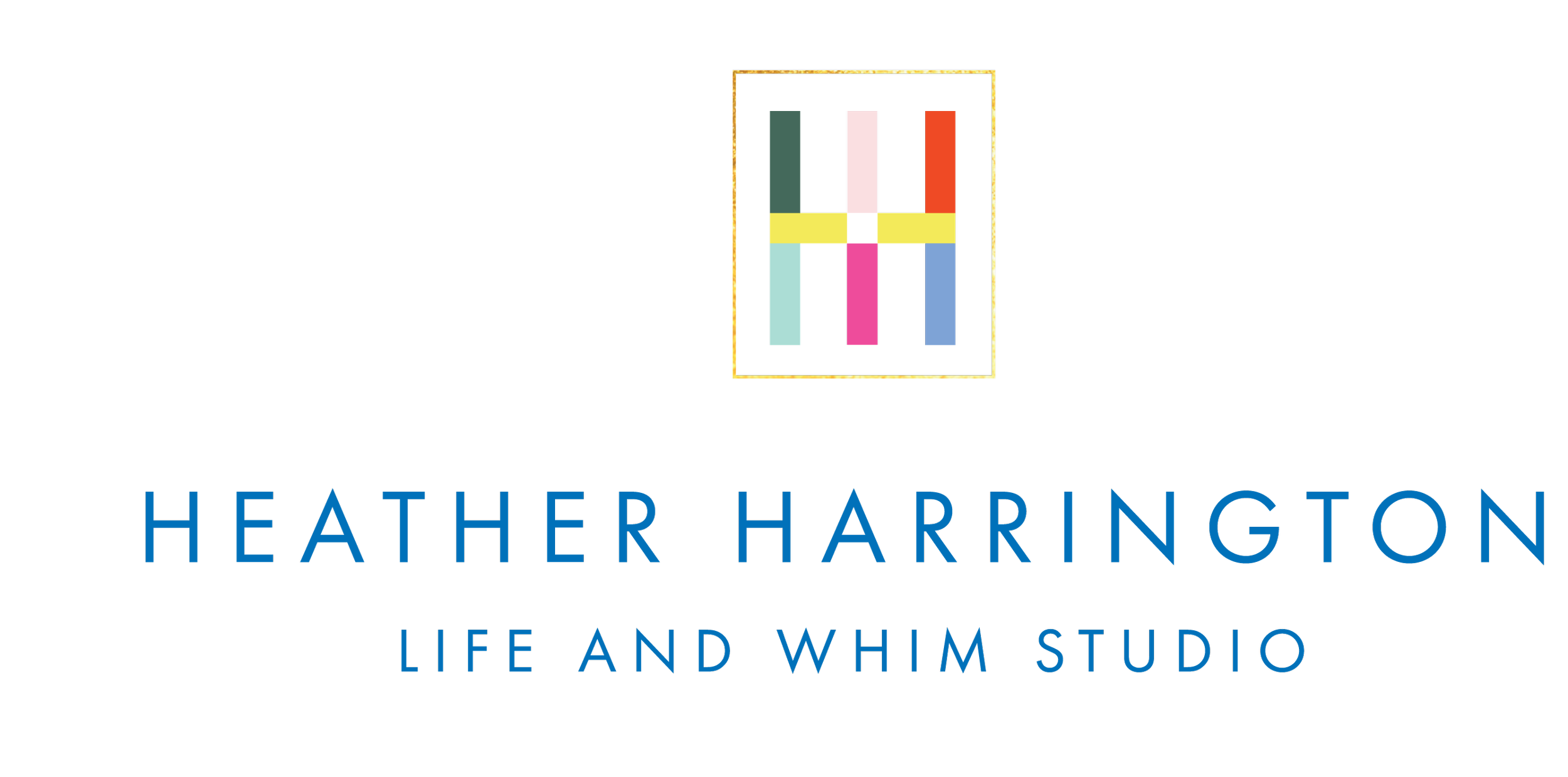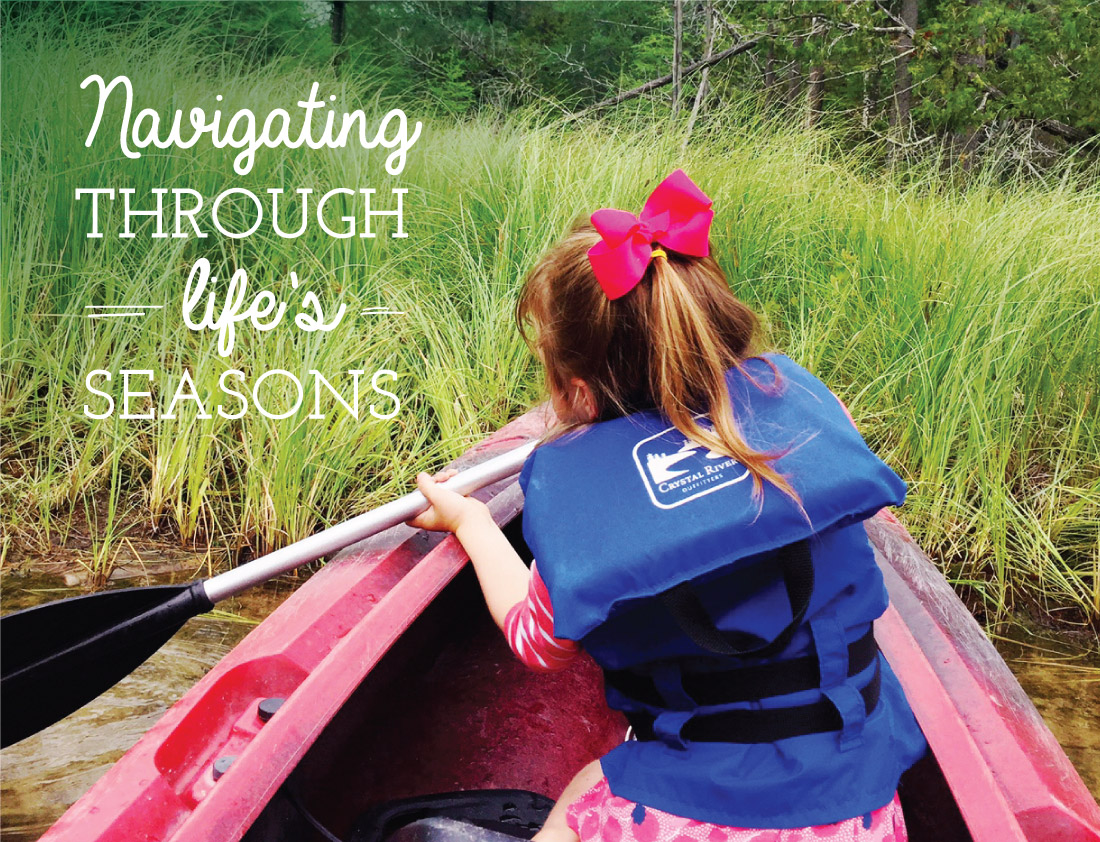What if I Did the Opposite? Thinking Differently about Work, Family and Retirement
When I was in high school I worked for the local police department during the summers. I drove a big cargo van around with red, flashing lights on top. My duties were diverse.
I was animal control for the city. I was 16 years old, had ZERO training, and was expected to go into garages to capture rabid raccoons and angry momma opossums.
Sometimes a friend who lived in town would call the police department and report that there was a squirrel caught in the fireplace of his parent’s home. I’d then get a call on the radio – my call number was “3-9” – from dispatch directing me the house. That would buy me an hour to play Nintendo hockey with my buddy. As you might have guessed, there was no squirrel.
I did a bunch of other things during those summers, including painting the streets (crosswalks, etc.), collecting change from parking meters, washing police cars, and other odd jobs. Looking back, it was a fun job and I learned a lot. My favorite part was when I got to join officers in the morning for a quick breakfast at a local greasy spoon diner. They liked to tease me, but also looked after me and let me in on a bit of the local gossip that only a cop can know. These relationships also helped me get out of a few tight spots during high school.
There was a gentlemen named Billy who I worked with a few days a week. He was in his late 70s, smoked like a chimney, and carried a revolver – unholstered in the back of his waistband – that would frequently fall onto the pavement as he would get in and out of the van. I vividly remember him pouring gasoline on his hands in an effort to clean off the street paint we used while a long ash dangled precariously from his cigarette. He used to be an officer, but then transitioned into a role doing the types of things that I was doing. He worked part-time in the summer, and really wasn’t capable of doing most of the physical tasks required of the job, which is why they hired me to help.
Billy didn’t like me very much, but he was a talker, so the conversation was incessant. Sometimes he would insist on driving the van and I, being a 16 year old punk kid, could do little in protest. One day Billy almost crashed the van into the back of a parked car after an ash from his cigarette dropped into his lap and he took his eyes off the road as he was furiously trying to brush it off lest it burn a hole in his trousers.
Later that day, still a bit shaken from the near-accident, I asked Billy why he was still working. After all, he was clearly way beyond retirement age. He stopped, turned to look at me and, with a fresh cigarette teetering on his lips as he spoke, explained that: “People die after they retire, especially cops.”
Good talk, Billy.
Conventional Wisdom
I didn’t think much of it at the time, but as I look back, Billy’s gruff comment was the first time I heard someone speak about retirement in an unconventional way. Up until that time I had never heard someone express a desire not to retire as soon as possible, let alone ever. For years this interaction with Billy resided in my subconscious but never bubbled back to the surface. It’s hard to focus on much else when your nose is to the grindstone.
Up until about two years ago, I planned and plotted my career according to conventional wisdom and was in a race to retire as soon as possible. If I could just get to that number, I thought, then I’ll be set. So Heather and I worked really hard and had some success building our businesses. At the same time, though, we took on more financial obligations. As our businesses grew so did our need to sustain them. We found that we weren’t getting any closer to retirement, which was our ostensible goal. While we may have been earning more, we were upping our financial commitments at the same time.
Much like Greek mythological figure Sisyphus, who was condemned to an eternity of rolling a boulder uphill then watching it roll back down again, we kept running faster but not getting much closer to our destination.
We had one child, and not much changed. Cracks started forming in the facade, but we managed. Then Heather got pregnant with twins, and that was a game changer. It made me start questioning everything, particularly issues related to work and retirement, health and happiness. The life we were leading was, no doubt, the one prescribed on the pages of The Wall Street Journal, but was it, in fact, right for us?
I began revisiting long held tenets and beliefs, such as the notion that the best, most responsible, and most rewarding way to structure one’s life is to work as hard as possible in your early adult years so you can stop working as soon as possible in your later years. It wasn’t long before my mind began opening to new possibilities.
What if Billy was right after all? He may have been coming at the issue in an unorthodox way, but what if Billy’s core idea was right: that work in one’s later years, not the lack thereof, is a key to health and happiness.
Seasons of Life
Conventional wisdom suggests that, like nature’s temperate seasons of Spring, Summer, Fall and Winter, there are four seasons in our lives that we move through as we age. These life seasons include childhood, education, work and retirement.
As I’ve written before, however, most conventional wisdom should be questioned, if not outright ignored. So as I started to question some of the decisions that had led us to our Sisyphean conundrum, I began to wonder whether there was another, better way to structure our lives.
In particular, I explored whether working hard during our 30’s and 40’s, with an eye toward enjoying retirement in our 60’s and 70’s, was the best allocation of our time and energy. Once I actually confronted the issue it became clear to me that there might be a better way. At least, I concluded, the conventional wisdom should be challenged. It simply did not make sense to me that we should spend our younger years working so hard to get to an uncertain retirement.
Shouldn’t this be the season in our life, when our kids are young and our health is good, that we work less and play more?
I found I was not alone. I researched and read about lots of people who were approaching life differently, and eschewing traditional notions of work and retirement. Rather than working toward one retirement, they were interspersing their lives with a number of semi-retirements focused on family, adventures, and other outside interests. Most asked themselves some variation of the same question: Why work like a maniac for 30 years only to be put out to pasture? There’s only so much golf to be played, they concluded.
Now that I’ve opened my eyes to new possibilities, I’ve come to enthusiastically embrace the idea of working hard in my later years. Not only do I think it’s a great way to stay sharp and active, but after acquiring a lifetime of experience I hope that I will have amassed wisdom well beyond what I could ever hope to have at this stage in my life. I believe I’ll have more under my belt to give and contribute. And now, while our kids are young, I’ll have more time and energy to give to them. I’ve chosen to believe other parents’ oft-stated admonishment that “it goes so fast.”
This is not to say that I’m still not focused on savings, retirement and financial responsibility. There is no doubt that achieving financial security is extremely important. This mindset shift is more about time than money. It’s about making little changes at the margins to squeeze in more time for fun and family now, at the expense, perhaps, of purely leisure time later in life.
Part of making this mindset and approach work is finding work that you enjoy. After all, if the point of retirement is to stop doing something in order to do something else you enjoy, then finding work you love can alleviate a lot of problems. There’s no doubt that I’d be counting the days to retirement if I was still sitting in hours-long, soul-sucking meetings as a corporate attorney. Heather and I are fortunate that we own a business that we like, that affords us the flexibility to work from home, and that we’re able to just as easily operate on the road should we choose to travel. Is it our life’s calling? Heck no! But if we had been focused on finding our calling before we started making big life changes then we never would have taken the first step in our new journey.
Everyone is different. Everyone’s circumstances are different. But we are all alike in the sense that our lives consist of a never-ending series of choices, and our happiness and fulfillment derive from the consequences of those choices. Not making a choice is a choice itself. {tweet that}
Unlike the annual onset of Spring, Summer, Fall and Winter, we have a semblance of control over the seasons of our lives. And that’s what makes them so beautiful. Some seasons are distinguished by hard work and dogged determination. Others by leisure and raucous play. Some are focused inward, on improving ourselves. Others are focused outward, on serving others.
The point is that you don’t have to toe the line of conventional wisdom and structure your life a certain way because Fortune magazine says so. If you’re not careful, life will pass by and you’ll wonder when you started looking backward rather than forward. This life is not a dress rehearsal – it’s the only one you’ll ever get in this world. However you choose to live, live boldly. {tweet that}

